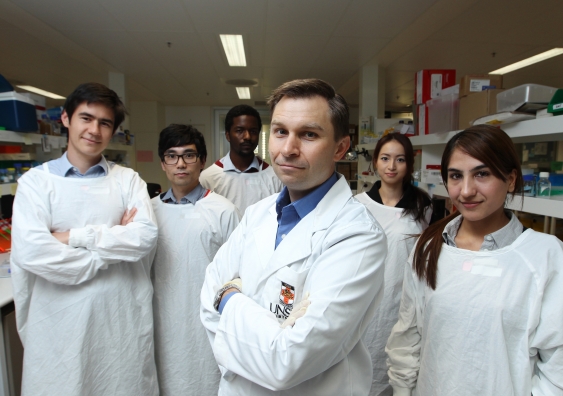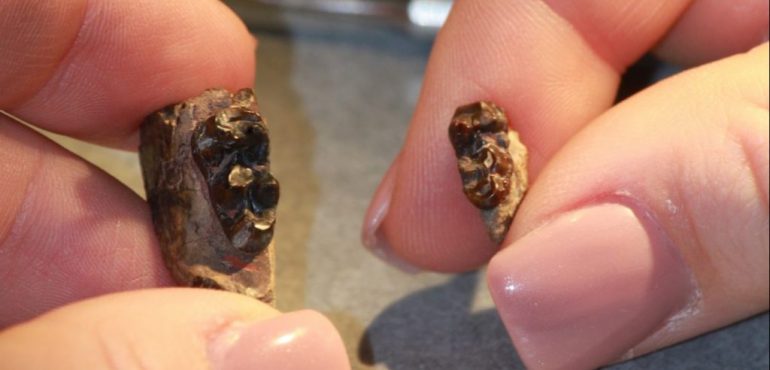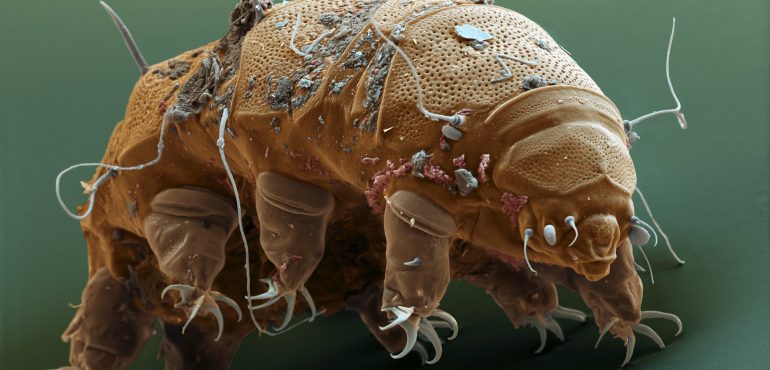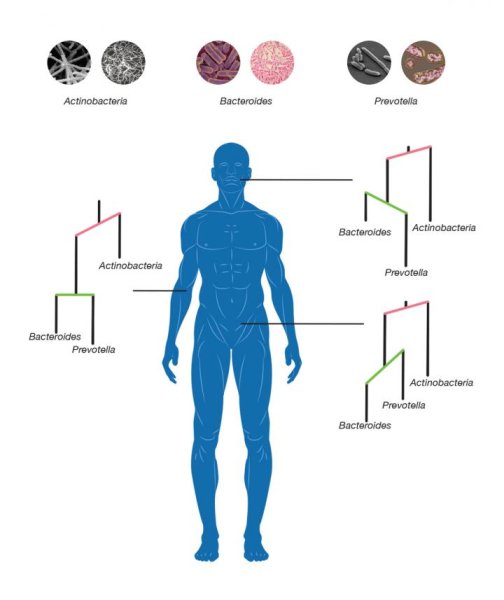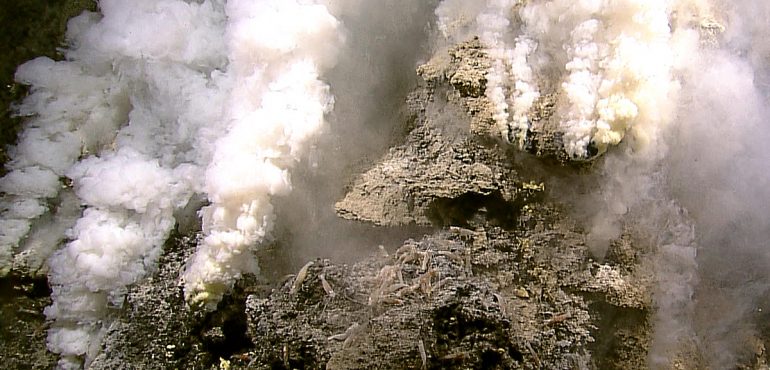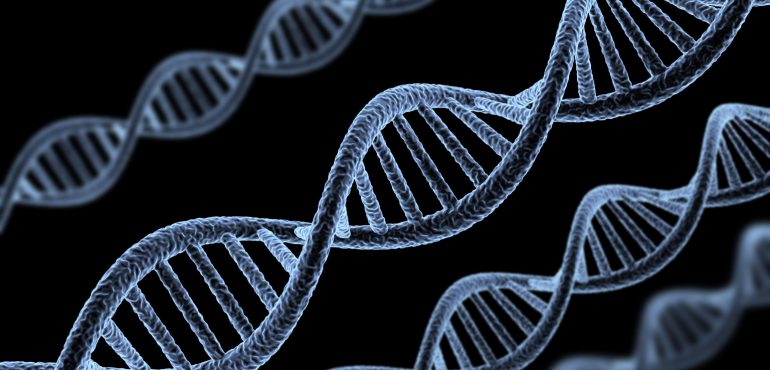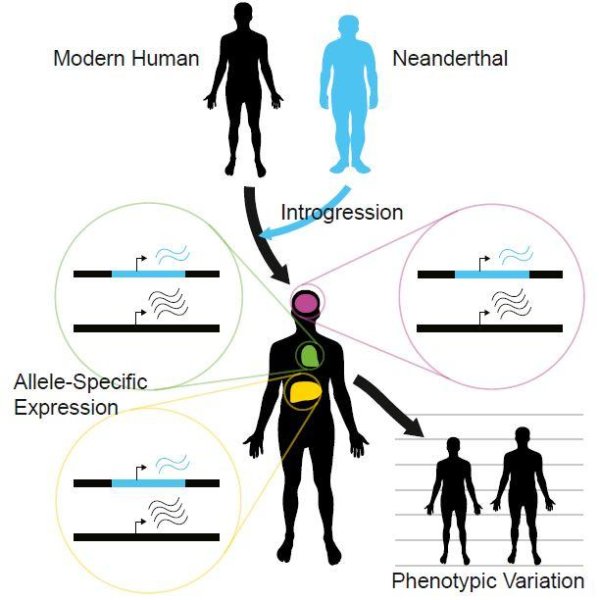With two decades in public office coming to a close, the Republican mayor of Miami looked to the future Friday and saw a coastal city threatened by rising seas. Referring to climate change as “the biggest challenge the city of Miami will ever face,” Tomás Regalado reserved a rare forward-thinking moment during a reflective 2017…
Read more
Climate change ‘the biggest challenge the city of Miami will ever face,’ mayor says


